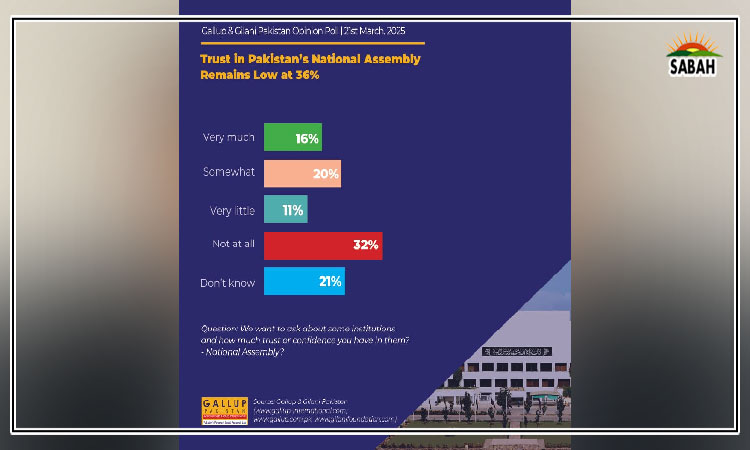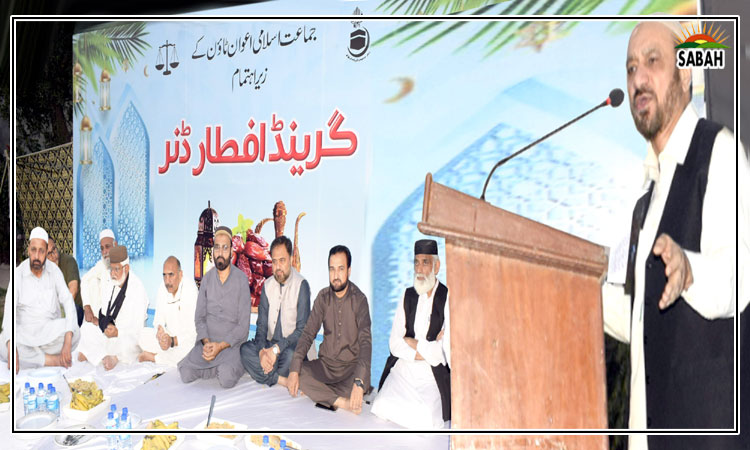Don’t stop press….Muna Khan
AS I prepare my course outline for a new university-level class on media literacy next month, I am struggling on how to mandate newspaper reading into the syllabus. I mean physically reading a paper, a habit I still practise at home and in travels. That practice has changed over the years thanks to technological advancements, but I prefer holding a paper and reading it at cafs, planes, trains etc. When I was at graduate school in the US in 2016, I could only afford to subscribe to the digital version of a paper, but also began a new habit of listening to the news as that was the norm among my peers. I hope we return to listening to the news, like my grandfather did on his trusted radio when he tuned into BBC Urdu so many decades ago, because it is a handy way to consume news.
Sadly, newspaper trends are on the decline everywhere.
Im writing this in New York, a city I have regularly frequented since the birth of my nephew in 2014, and cant find newspapers as easily as I did. There is a Starbucks every few blocks, but none of them stocks papers and Ive not seen paper stands either. I want to be clear this is anecdotal and not meant as an indictment on the state of the industry. I passed one news kiosk at the entrance of Central Park, which sold major papers, but the owner said there were very few buyers, largely tourists. He said he sells more celebrity magazines than legacy publications, though I suspect thats always been the case.
Its against this backdrop that news of the printing of the last edition of the 320-year old Austrian paper Wiener Zeitung on June 30 should come as no surprise. But it still merits a moment of mourning because it may be the writing on the wall for many others. Widely recognised as the worlds oldest paper world meaning the Western world the government-owned (since 1857) but editorially independent paper began publishing in 1702. According to its final edition, it saw 12 presidents, 10 kaisers and two republics. It was shut down in 1939 by the Nazis but began reprinting in 1945 under allied occupation, according to a report in The Guardian.
Its worrying when papers of record lose space to disinformation machines.
Mozart and Beethoven advertised in the paper, said Judith Belfkih, co-deputy editor of the paper. Its an example of historical awareness that I miss among politicians, she said in an interview to Deutsche Welle (DW).
But in the end, it was unable to survive financially. Because of its role as an official gazette, it relied on firms publishing their annual results on their pages for a fee, as was legally required. A new law changed that, resulting in the paper losing 18 million euros, according to Der Spiegel. While the paper has moved online, it had to cut 63 jobs, roughly two-thirds of its staff. It hopes to print a monthly edition, but did not elaborate on when or how.
Journalists in Austria have expressed concerns about the news media industry, which, DW noted, dropped 18 places in the World Press Freedom Index in five years. Its worrying when papers of record and repute lose space to tabloid, disinformation machines.
The closure of the Wiener Zeitung means one less paper will serve the public interest. One cant overestimate the value of reporting done in the public interest as it caters to the very basic fundamental of journalism, which is to inform the public. That is essential to the functioning of democracy, a form of governance yet to be seen in Pakistan. Here, one sees all sorts of folks posing as journalists, pretending to report when theyre likely spreading disinformation.
Its important for readers to know who receives government advertising and the relationships between companies and state institutions. The media is meant to be a watchdog holding all powerful entities to account, not allowing owners to nurture relationships that compromise editorial independence.
Here, organisations like newspaper councils have a role to play in calling for solutions to save print publications from dying, especially because peoples livelihoods are at stake. It requires trying new business models and there are several studies like the one done by Pew Research Centres Project for Excellence in Journalism in 2012 which examined how papers that applied a successful digital strategy and retrained staff to acclimatise to the changing environment managed well. There are also several success stories about papers that invested in hyper-local journalism which caters to audience needs. There is hope amid the doom and gloom if media outlets are committed to getting creative and ahead of the game. Im hoping to convince a new generation of readers to help make that happen. Wish me luck.
The writer researches newsroom culture in Pakistan.
Twitter: @LedeingLady
Courtesy Dawn, July 9th, 2023












